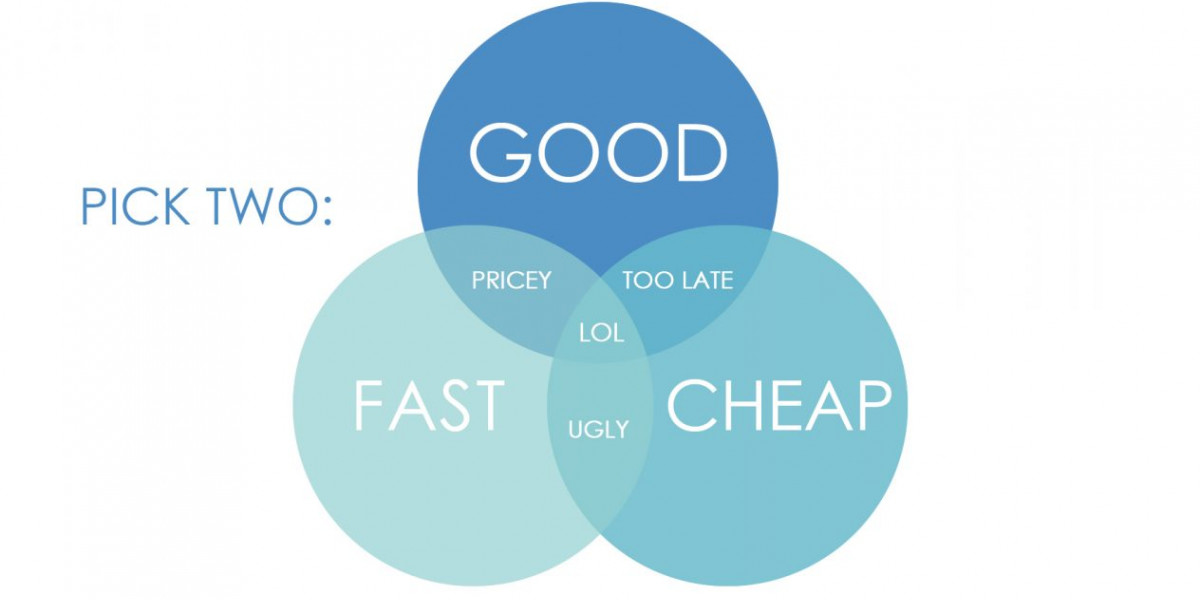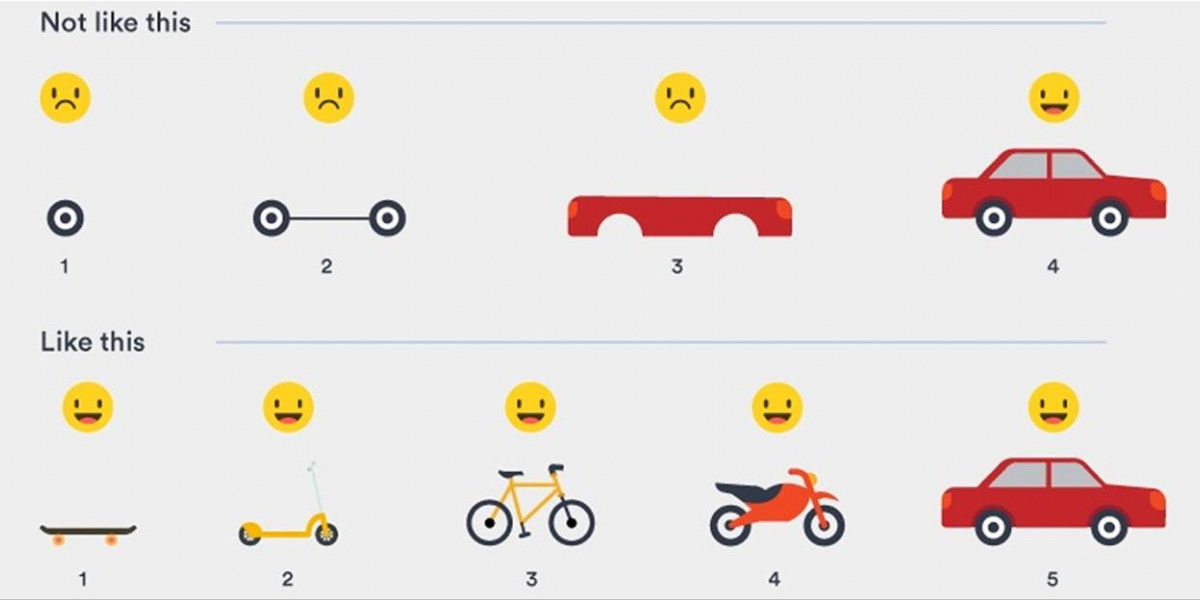Psychology of choice Pt.3

Psychology of Choice is a broad and multidimensional concept, indeed. Today let’s talk about the matter of choice and its relation to strongest motivational agents ever, namely, fears and sense of deficit. Diving deeper means getting more tools for success, correct?
Think this way: exactly what do you buy when selecting a perfect foundation for your skin? Not a cosmetic product as it is, but a solution of your problem, which is imperfect skin tone, correct? And what is there, on the bottom of such a need? Yep, a fear – usually, women fear or feel ashamed that their complexion is not fair, smooth, and beautiful enough. We buy an antidote for our deepest and most severe fears. When a woman is content with her appearance, she is no longer a perfect customer for suppliers of decorative cosmetics, and the reason is not that she buys no cosmetics – the reason is that she buys cosmetic items to highlight her natural beauty, to add the mood to her day, to match the dress or the occasion. This is an absolutely different case from the one when a woman desperately buys everything that marketing offers as a ‘miracle’.
Yet, there is quite a sharp edge here: mind that effective marketing is completely devoid of offenses, direct or implied. This is a must. The fear and a solution for it should be disguised smartly, and the solution should be comprehensive. Unspoken, yet transparent. This is a wise formula.
The next scope of the choice concept is related to deficit. This is not about a superficial approach featuring “when a person lacks a cup of coffee, they buy one”. Not necessarily. The notion of deficit means in the given context lack of something rather crucial: as a rule, we’re talking about feelings and relationships here, and about situations when a person tries to substitute the lacking feelings and emotions with more and more purchases. Hence, a deficit does not imply literally absence of something at all, but rather leads to comprehension of life, love, and value balance in a person’s reality as of now. When shopping is positioned as solution – a temporary one, though – it often becomes a habit and, in some extreme cases, leads to actual addiction. Deficit means emptiness, and people are used to fill their inner abysses in with stuff nowadays.
This may be the ‘ugly truth’ of marketing, yet this is what many customers want deep down in their hearts – to be told a story, to be given a promise or solution, and to receive a bunch of emotions when buying something ‘really special’.

 Fast, cheap, or good
Fast, cheap, or good
 First releases don’t need to be perfect.
First releases don’t need to be perfect.
 A seamless experience = repeat sales.
A seamless experience = repeat sales.